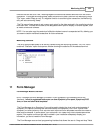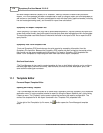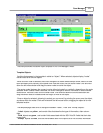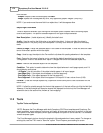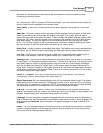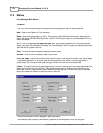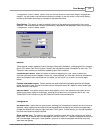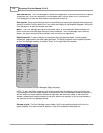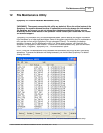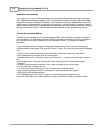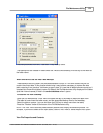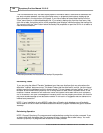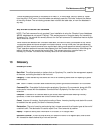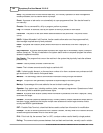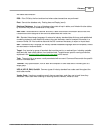
Glossary 183
© 2005 TOSHIBA TEC AMERICA AMERICA RETAIL SYSTEMS, INC. R1.0a
with sales data collection.
POS:
Point Of Sale, the front end terminal where sales transactions are performed.
Post:
Save to the database only. Posting does not Deploy (send).
Relational Database:
Any type of database where data is kept in tables, and linked with other tables
by a common key field or combination of key fields.
Risk Level:
Associated with customer accounts, a table that contains information about credit limit.
Customers are then assigned a risk level that establishes their credit limit.
SIL:
Standard Interchange Language. An extensive industry standard data dictionary and established
numbering system for data fields that relate to the retail business, used to transport information in a
common format. SIL files combine data and the SQL command necessary to export or import data.
SQL:
Standard Query Language, an industry standard database language used to manipulate, extract
and store data in relational tables.
Target:
Any terminal or group of terminals that must be sent to, or received from. Including: portable
data terminals, back office stations, front end terminals. Targets have a specific naming convention,
explained in the
terminal table programming help page
in this manual.
Task:
The actual job or process, usually associated with an event. Command files contain the specific
code for individual tasks.
Terminal:
Any system station, front or back end computer or other data device. Normally part of a
target group.
UPC-A, UPC-E, EAN, Code39:
Common types of industry standard bar codes used throughout the
retail sales market.
Vendor Code:
Vendors or suppliers usually have a proprietary code they use to track items they
wholesale. Often used when ordering or returning items to vendors, linked to a cost.



